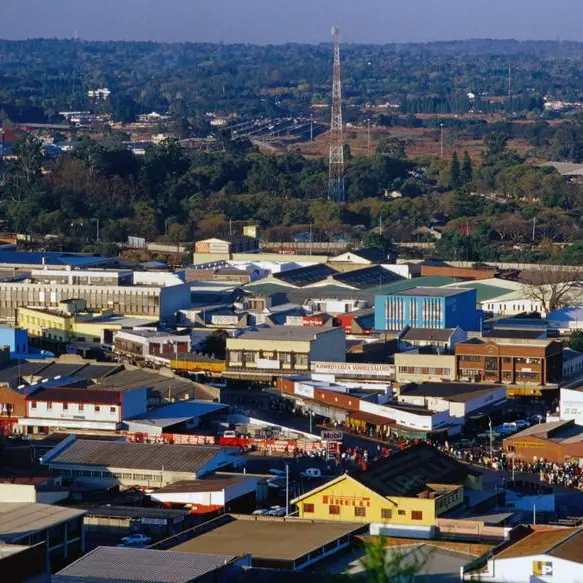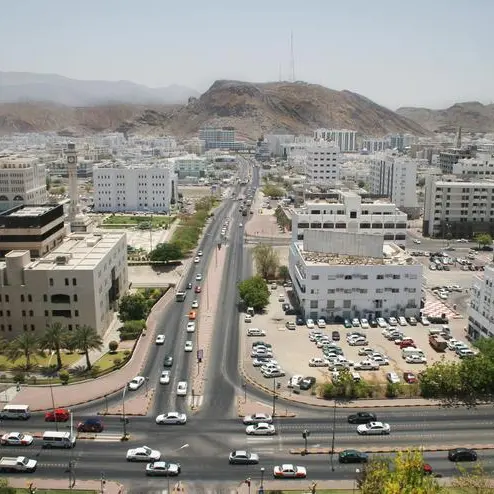PHOTO
Zurich, Paris and Hong Kong are now the most expensive cities by cost of living, overtaking Singapore and Osaka, Japan, after the COVID-19 pandemic caused widespread changes.
The World Cost of Living Index produced by the Economist Intelligence Unit (EIU) showed that levels of living expenses had changed in 133 cities around the world.
Cities in the Middle East were spread over the ranks of the 133 cities. Amman, Jordan, was the most expensive in the region, although it dropped 10 places to 27th. Dubai was ranked 66th, Abu Dhabi dropped 10 places to 27, and Bahrain stayed the same in 82nd place.
Jeddah, Saudi Arabia, and Cairo, Egypt, reached 90 and 98 from 86 and 106 the previous year, while Kuwait was ranked 101 and Muscat rose four places to 102.
Cities in the Americas, Africa and Eastern Europe have become less expensive since last year, while the cost of living has risen in Western European cities, which partly reflects a rise in European currencies against the US dollar, said the EIU.
In 2019, Singapore and Osaka were the most expensive cities, but have been overtaken by Zurich, Paris and Hong Kong.
Tel Aviv, Israel, also outstripped Osaka, rising by two places in the rankings to be the fifth most expensive.
New York and Los Angeles in the USA became less expensive, falling from fourth and eighth place to seventh and ninth place respectively. The EIU said local currency exchange rate against the dollar caused many of the shifts in the rankings.
“In general, currency weakness has followed the pandemic as it spread across the world from Asia to Latin America. By September 2020, when our survey was taken, currencies were weakest in the Americas and strongest in Western Europe,” the report said.
The report also highlighted shortages of goods, often caused by consumers panic buying prior to lockdowns, which was one of the causes of supply chain problems.
“Supply-chain problems have also affected price trends in our 2020 survey, with shortages of goods such as toilet roll and pasta fuelling price increases in some categories,” the report said.
Damascus was the cheapest city in terms of cost of living according to the index, followed by Tashkent, Uzbekistan, Lusaka in Zambia, Caracas in Venezuela and Almaty in Kazakhstan.
The report showed that Paris was the most expensive city to buy bread and Osaka the most expensive for buying computers. Clothing was the only category in the index to see prices fall overall.
For the future, the EIU said price trends would continue in 2021, with the global economy unlikely to return to pre-pandemic levels until 2022, spending will remain restricted and prices under downward pressure.
“Many price-conscious consumers will prioritise spending on staples, home entertainment and faster internet access.
“Big-ticket items, as well as clothing and out-of-home recreation, will continue to struggle.
Laptop and smartphone prices will also bear the brunt of tariff wars, as will many items in the food basket. Imported goods will remain susceptible to currency fluctuations,” the report concluded.
(Writing by Imogen Lillywhite ; editing by Seban Scaria)
imogen.lillywhite@refinitiv.com
Disclaimer: This article is provided for informational purposes only. The content does not provide tax, legal or investment advice or opinion regarding the suitability, value or profitability of any particular security, portfolio or investment strategy. Read our full disclaimer policy here.
© ZAWYA 2020





















